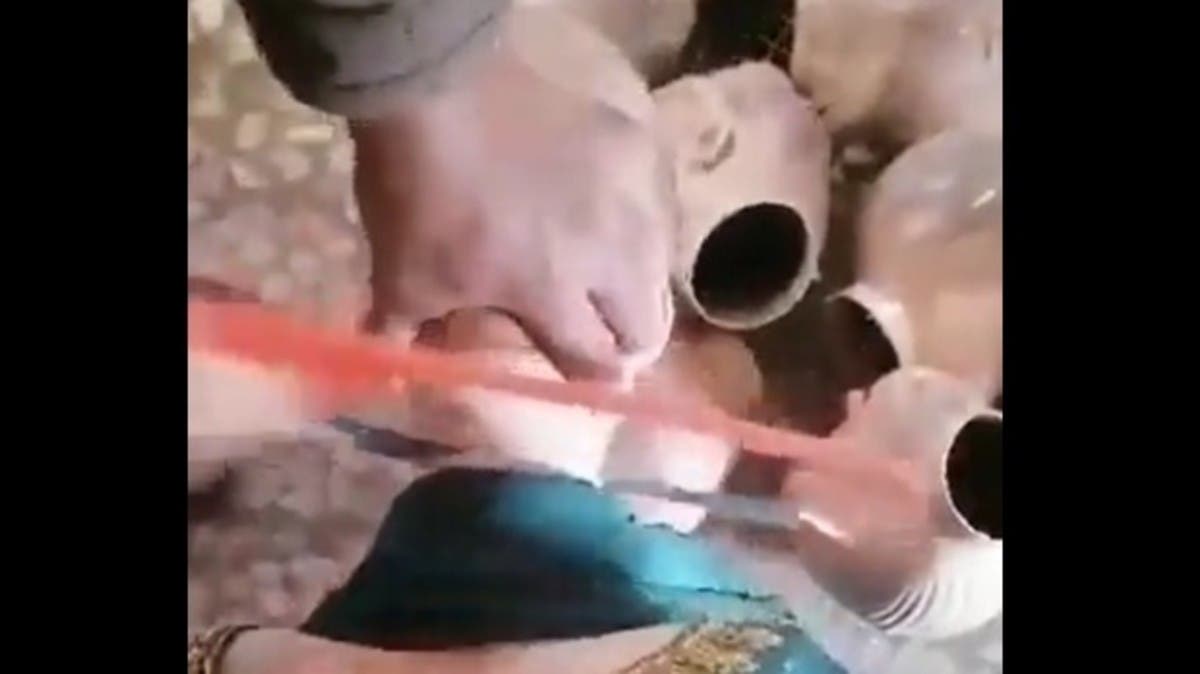The Taliban have ordered shop owners in western Afghanistan to cut off the heads of mannequins, insisting the human figures violate Islamic law.
A video clip showing men sawing the plastic heads off women figures went viral on social media.
For the latest headlines, follow our Google News channel online or via the app.
Since returning to power in August, the Taliban have increasingly imposed their harsh interpretation of Islamic law, severely curtailing freedoms, particularly those of women and girls.
“We have ordered the shopkeepers to cut the heads off mannequins as this is against (Islamic) Sharia law,” Aziz Rahman, head of the Ministry for the Promotion of Virtue and Prevention of Vice in the city of Herat, told AFP on Wednesday.
“If they just cover the head or hide the entire mannequin, the angel of Allah will not enter their shop or house and bless them,” he added, after some clothes vendors initially responded by covering the heads of mannequins with plastic bags or headscarves.
The Taliban have so far issued no national policy on mannequins or statues.
Under the former militants’ strict interpretation of Islamic law, depictions of the human figure are forbidden.
During their first regime in the 1990s the Taliban triggered global outrage after blowing up two ancient Buddha statues.
Since seizing power, they have banned girls from secondary schools in several provinces while women have largely been prevented from working in the public sector and excluded from government positions.
Last week authorities in Kabul said women seeking to travel long distances should not be offered road transport unless accompanied by a close male relative.
The extremist group has increased raids on liquor sellers, rounded up drug addicts and banned music.
The Taliban takeover has devastated aid-dependent Afghanistan’s economy, with billions of dollars of assets frozen by the United States and international aid largely paused.
However, the UN Security Council last week adopted a US-proposed resolution to help humanitarian aid reach desperate Afghans, while seeking to keep funds out of the hands of the Taliban government, which has yet to be recognized by any country.
Read more:
Taliban say burqa not compulsory for women, hijab is as they take over Afghanistan
As Taliban face economic ruin, Afghans suffer malnutrition, sink further into poverty
No trips for Afghan women unless escorted by male relative, Taliban issue guidance

 World2 years ago
World2 years ago
 World2 years ago
World2 years ago
 Entertainment7 years ago
Entertainment7 years ago
 World7 years ago
World7 years ago
 Entertainment7 years ago
Entertainment7 years ago






